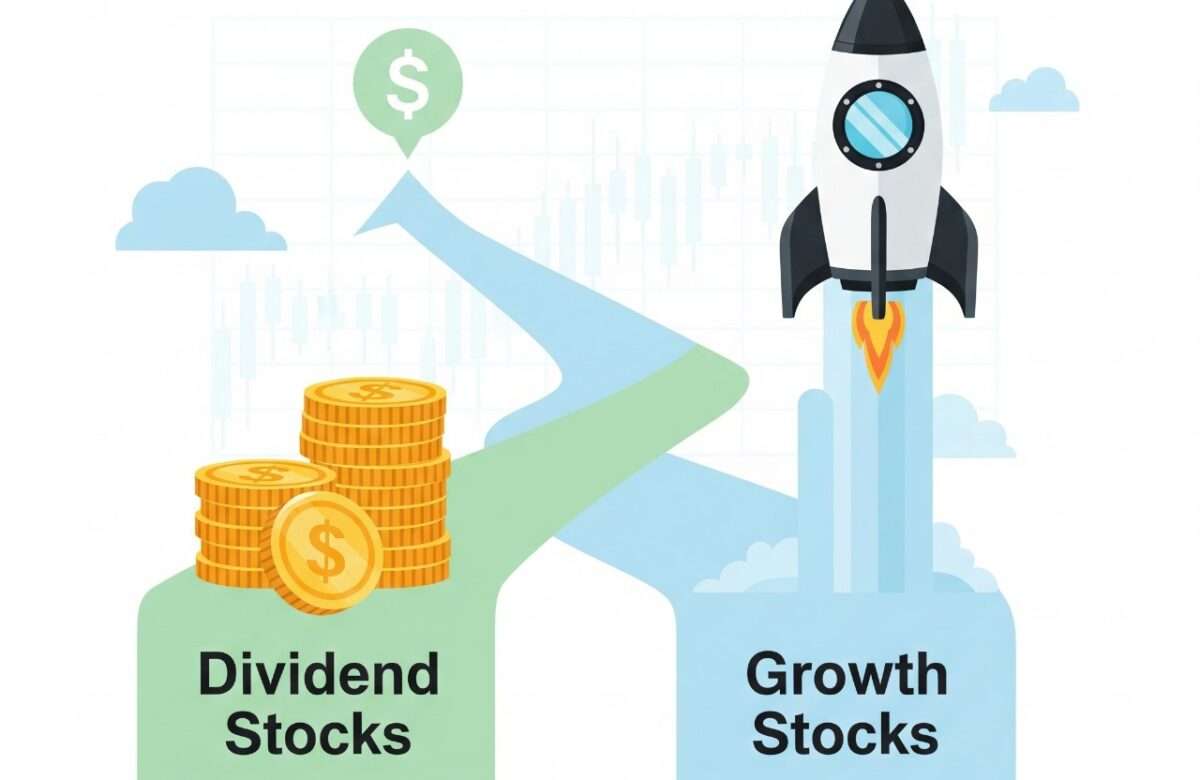- 17 January 2025
- No Comment
- 925
Who are Intelligent Investors? Timeless Principles for Value Investing

Investing can be a wild ride that leaves you feeling anxious, uncertain, and downright stressed. You work hard for your money; watching it ride the market’s ups and downs can be nauseating. The fear of losing it all, the doubt that creeps in when markets fluctuate, and the nagging worry that you’ll never reach your financial dreams… it’s enough to keep you up at night. But what if you could break free from that emotional rollercoaster? What if you could find a way to invest with confidence, clarity, and a clear plan for achieving your financial goals?
“70% of retail investors are under 45, showing a surge in young people actively investing in the markets”
Benjamin Graham’s The Intelligent Investor is a cornerstone in the world of investing and is widely regarded as one of the most influential books ever written on the subject. Originally published in 1949, this classic offers a wealth of knowledge for investors, emphasizing disciplined decision-making, thorough research, and the importance of long-term thinking. In this article, we’ll explore the key principles from The Intelligent Investor and explain why they remain relevant for today’s financial markets.
Graham, often referred to as the “father of value investing,” provides readers with a framework for navigating the stock market without succumbing to emotional decisions or market speculation. His goal is to help individuals become “intelligent investors,” focusing on rational strategies and patience rather than quick profits or risky bets.
The book is particularly valuable because it teaches not just how to invest, but also why sound investment principles matter, especially in volatile markets.
Key Principles of “The Intelligent Investor”
1. The Difference Between Investment and Speculation
Graham draws a clear line between investing and speculating:
- Investing involves thorough analysis, focusing on safety of principal and generating adequate returns over the long term.
- Speculation is akin to gambling, relying on market timing and unpredictable price movements.
For Graham, an intelligent investor is someone who prioritizes stability and rationality over impulsive decisions.
2. The Margin of Safety
One of the book’s most important concepts is the “margin of safety.” This principle suggests that investors should buy securities priced well below their intrinsic value. The gap between the purchase price and the asset’s true worth acts as a buffer against market volatility or unforeseen risks.
For example, if a company’s intrinsic value is estimated at $100 per share, buying it at $70 offers a 30% margin of safety, protecting investors from potential losses.
3. Mr. Market: A Metaphor for Market Volatility
Graham introduces the allegory of “Mr. Market,” a fictional character representing the stock market’s mood swings.
- Some days, Mr. Market is overly optimistic, inflating stock prices.
- On other days, he’s overly pessimistic, driving prices down.
As an intelligent investor, your role is to remain objective and take advantage of Mr. Market’s irrational behavior, buying undervalued stocks and avoiding overpriced ones.
4. Focus on Intrinsic Value
Instead of chasing trends or market hype, Graham encourages investors to calculate a stock’s intrinsic value based on factors like earnings, assets, and growth potential. The goal is to identify undervalued companies with strong fundamentals and invest in them for the long term.
5. The Defensive vs. Enterprising Investor
Graham categorizes investors into two types:
- Defensive Investors: Focus on the preservation of capital, favouring low-risk investments like bonds or diversified blue-chip stocks.
- Enterprising Investors: Willing to take on more risk, conducting detailed research to uncover undervalued opportunities.
Both approaches require discipline and a commitment to Graham’s principles of value investing.
Why “The Intelligent Investor” Is Still Relevant Today
Despite being published over 70 years ago, The Intelligent Investor remains a cornerstone for modern investors. Here’s why:
- Timeless Principles: Graham’s emphasis on discipline, research, and long-term thinking transcends market trends and economic cycles.
- Risk Management: The concept of the margin of safety is crucial in today’s volatile markets, where overvaluation is common.
- Investor Psychology: Graham’s insights into human behavior and emotional decision-making are more relevant than ever in a world driven by fear and greed.
Lessons for Modern Investors 
1. Avoid Emotional Investing
Markets are unpredictable, and emotional decisions often lead to losses. Graham’s teachings remind investors to remain calm and stick to their strategies, even during market downturns.
2. Do Your Homework
Successful investing requires thorough research and understanding of a company’s fundamentals. Blindly following trends or tips from others can lead to poor results.
3. Be Patient
Graham’s philosophy emphasizes the importance of patience. Wealth is built over time, not through short-term speculation or trying to time the market.
Criticism of “The Intelligent Investor”
While the book is highly regarded, some critics argue that its advice is too conservative for younger investors with longer time horizons. Additionally, modern financial tools and markets have evolved significantly since Graham’s era, requiring some adaptation of his principles.
The Intelligent Investor is not just a book, it’s a guide to approaching investing with discipline, rationality, and a long-term mindset. Graham’s principles remain invaluable for anyone looking to build wealth responsibly, whether you’re a seasoned investor or a beginner.
By focusing on intrinsic value, managing risks, and avoiding emotional decisions, you can navigate the complexities of the stock market and achieve your financial goals.
As Graham famously said, “The intelligent investor is a realist who sells to optimists and buys from pessimists.”



